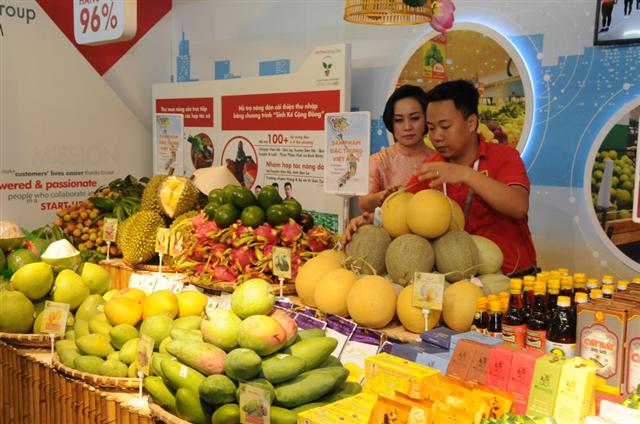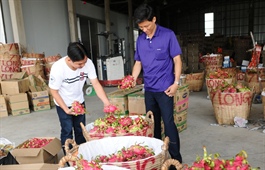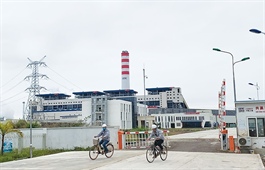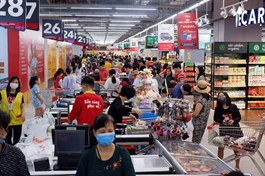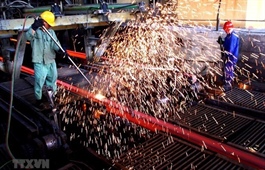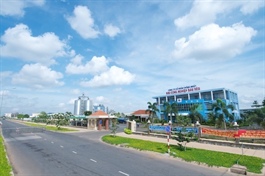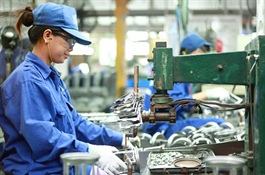Pressure by EU imports on local manufacturing expected to grow
Pressure by EU imports on local manufacturing expected to grow
While free trade agreements (FTAs) have opened up great opportunities for Vietnamese businesses to increase exports, they will pose many challenges for enterprises in surviving competition with imported goods.
|
Fierce competition
The EU-Vietnam Free Trade Agreement (EVFTA) has been benefiting Vietnamese enterprises since it took effect in early August. Consumers in Vietnam are waiting to buy high quality EU products at affordable prices when taxes are reduced and/or zeroed in accordance with the EVFTA commitments. The EU’s exports to Vietnam are expected to increase 29 percent or 15 billion euros by 2035.
However, EVFTA implementation will challenge some Vietnamese sectors, including agriculture, husbandry, fisheries and some service industries.
For example, under EVFTA, taxes on dairy product imports will gradually be reduced in the next three years, posing fierce competition for domestic powdered milk manufacturers and those of other milk products. The cost to produce cow milk products in Vietnam remains high, while the average productivity in the sector is still low, making Vietnamese dairy products less competitive than EU ones. The EU has not yet licensed dairy imports from Vietnam. The presence of EU dairy, fruits, and cattle and poultry products is expected to increase in Vietnam in accordance with the EVFTA’s tax reduction roadmap.
Phan Thi Thanh Xuan, Deputy Chairwoman and General Secretary of the Vietnam Leather, Footwear and Handbag Association (LEFASO), said while Vietnamese exports meet foreign market standards, Vietnamese goods for sale in the domestic market do not satisfy similar standards, a major challenge for the latter in competition with imported goods, especially from the EU.
According to Dang Phuc Nguyen, General Secretary of the Vietnam Fruit and Vegetables Association (VINAFRUIT), imported fruits have good appearance and quality, and include exotic varieties. The price of imported fruits has decreased considerably thanks to tax reductions, he said. The EVFTA implementation will increase the presence of high quality, reasonably-priced EU fruits and vegetables in Vietnam, Nguyen said.
Conquering the domestic market
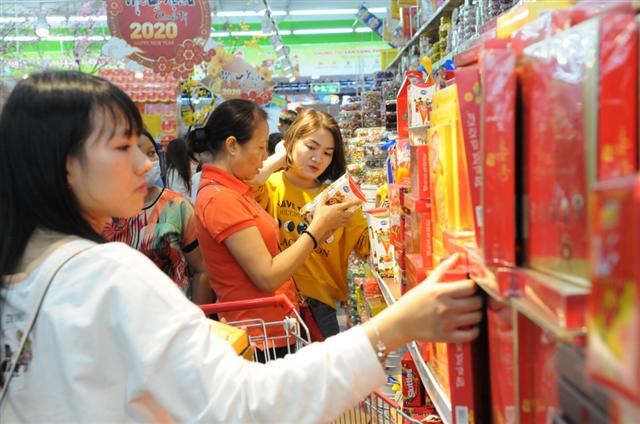
The domestic market with 100 million people has been key to growth of retail revenues at a two-digit rate
|
Economists say businesses must devise appropriate long-term market approach strategies in compliance with Vietnam’s integration into international economic communities. They also need to improve their product and service value, quality and competitiveness, apply advanced science and technology and build production and distribution chains.
Luong Huu Lam, Brand Director, Giovani Group, said pressure from foreign goods is forcing Vietnamese enterprises to step up and gain a larger market share. Prime Minister Nguyen Xuan Phuc said the “Buy Vietnamese Goods” campaign should be renamed “Vietnamese goods win the heart of Vietnamese consumers”.
Economist Tran Dinh Thien said during the Covid-19 outbreak, the domestic market with 100 million people has been key to growth of retail revenues at a two-digit rate, indicating the strong domestic purchasing power that would continue to support enterprises in the future.
Vice Chairwoman of the Vietnam Fatherland Front Truong Thi Ngoc Anh urged Vietnamese enterprises to be active in expanding cooperation with others to form complete production chains, thereby helping customers to better access local products and gain advantages over foreign imports.
To compete squarely with foreign goods on home soil, experts suggested Vietnamese enterprises focus on technological application in production and operation, and pay more attention to branding, quality and affordable prices.
| The Ministry of Industry and Trade will continue trade promotion and supply-demand connectivity programs to bring Vietnamese goods closer to consumers, and continue to build mechanisms, improve the business environment, and simplify administrative procedures to facilitate trade and production. |


